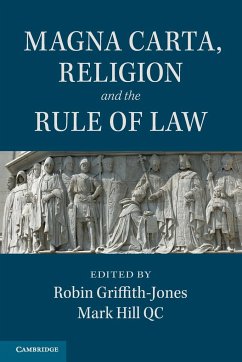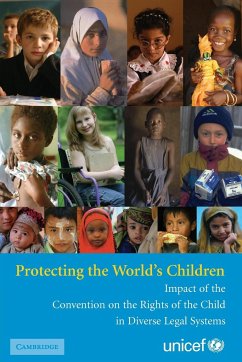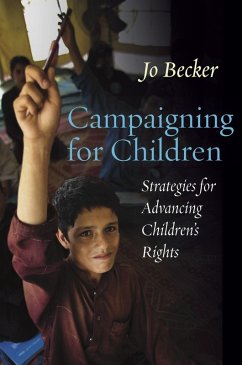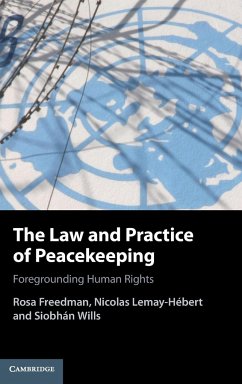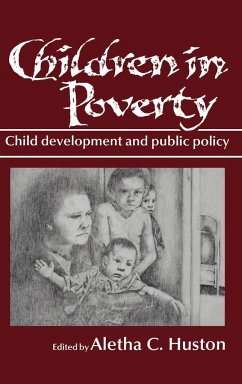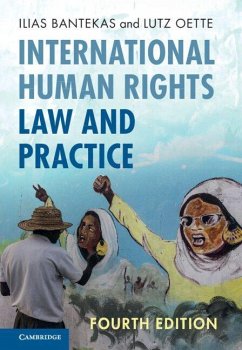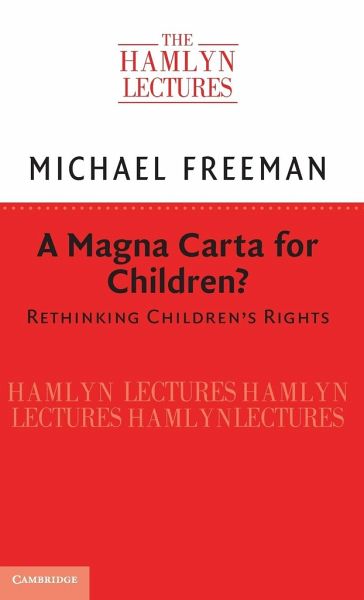
A Magna Carta for Children?

PAYBACK Punkte
61 °P sammeln!
The UN Convention on the Rights of the Child is the most widely ratified human rights treaty in the world, yet everyday children still face poverty, violence, war, disease and disaster. Are the rights we currently afford to children enough? Combining historical analysis with international human rights law, Michael Freeman considers early legal and philosophical theories on children's rights before exploring the impact and limitations of the Convention itself. He also suggests ways that we may rethink children's rights in the future as well as identifying key areas for reform. This book will ap...
The UN Convention on the Rights of the Child is the most widely ratified human rights treaty in the world, yet everyday children still face poverty, violence, war, disease and disaster. Are the rights we currently afford to children enough? Combining historical analysis with international human rights law, Michael Freeman considers early legal and philosophical theories on children's rights before exploring the impact and limitations of the Convention itself. He also suggests ways that we may rethink children's rights in the future as well as identifying key areas for reform. This book will appeal to an interdisciplinary audience who are interested in children's rights, children's studies, the history of childhood, international human rights, and comparative family law. It is a crucial restatement of the importance of law, policy and rights in improving children's lives.







